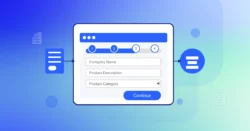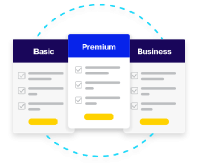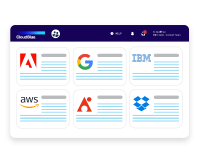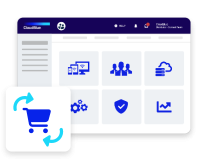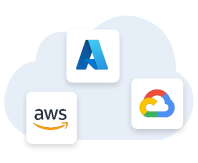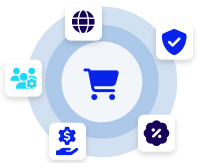The subscription economy refers to a business model where consumers pay a recurring fee to access products or services on a regular basis, rather than making one-time purchases. This model has grown rapidly across various industries, from media and entertainment to software and consumer goods. In the software as a service (SaaS) space, the subscription economy allows companies to offer continuous access to software, often with ongoing updates and customer support included.
The rise of the subscription economy is driven by several factors, including the shift in consumer preferences toward access rather than ownership. This model also benefits businesses by providing a steady, predictable revenue stream through recurring payments. Subscription-based services often focus on delivering long-term value, which encourages customer loyalty and allows for a more consistent relationship between businesses and their customers.
Key features of the subscription economy include:
- Recurring Revenue: Businesses earn income through regular subscription payments, providing financial predictability and stability.
- Customer-Centric Approach: Companies focus on customer retention, offering regular updates, improvements, and ongoing support to ensure continued satisfaction.
- Scalability: Subscription models allow businesses to scale more easily, as adding new customers requires minimal changes to the underlying infrastructure.
In the software industry, the subscription economy enables users to pay for what they need, with the flexibility to upgrade, downgrade, or cancel services as their needs evolve. This model helps both startups and large enterprises to access cutting-edge technology without large upfront costs, making it more accessible to a wider range of businesses.




